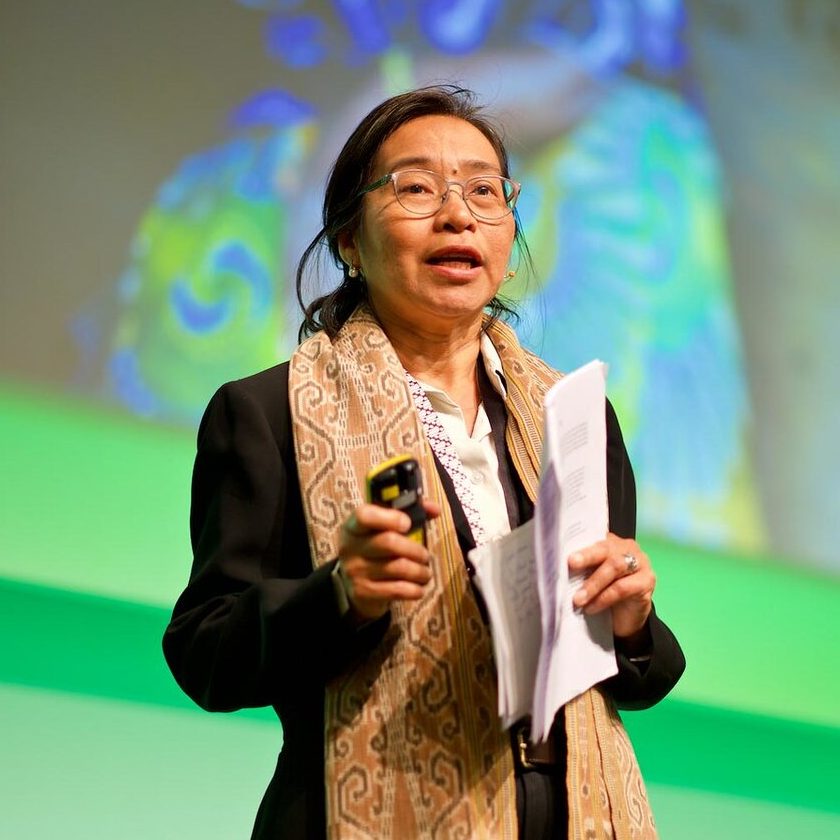2022-01-31
Mongabay have conducted an interview with Nonette Royo, director of the Tenure Facility, on progress and obstacles in the push to advance local peoples’ tenure rights

Nonette Royo, Director of the Tenure Facility
Nonette Royo, a lawyer from Northern Mindanao in the Philippines who has been working at the intersection of rights and the environment for more than 30 years and has co-founded several organizations, is one of the most prominent advocates for advancing the rights of Indigenous Peoples, local communities, and women. Royo is now the executive director of the Tenure Facility, which was created to provide financial and technical support to IPLCs in their struggle to secure and strengthen their rights, including legal recognition of their land tenure. Royo has served in that capacity since the Tenure Facility became an independent organization in 2017 when it was spun out of the Rights and Resources Initiative (RRI).
Mongabay have conducted an interview with Nonette concerning land rights and the issues faced by Indigenous People’s and local communities. Click below to read the full article.
Articles